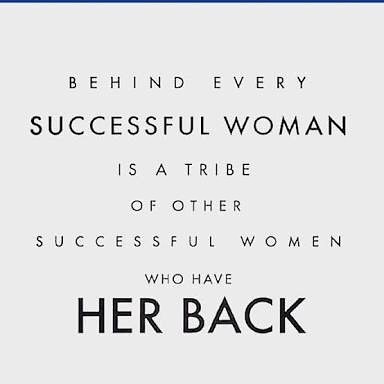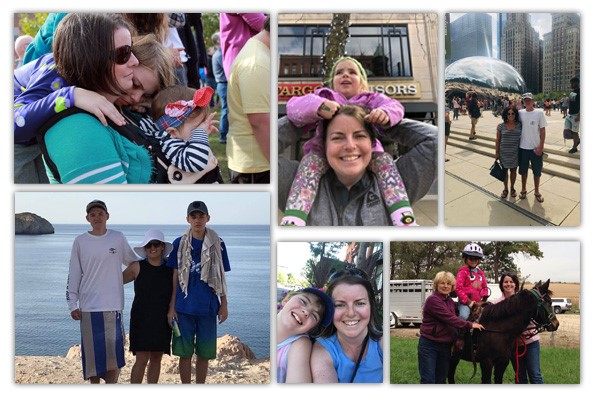Veteran’s Day is this week! One way to celebrate is by knowing the rights of veterans at work after returning home. Veterans who have been disabled during service are entitled to certain protections under federal law: most notably through the Americans with Disabilities Act (ADA) and the Uniformed Services Employment and Reemployment Rights Act (USERRA.) While some veterans may find it difficult to request extra accommodations and support, we all have a right to a workplace that is safe and comfortable. Below is a quick introduction to your rights as a disabled veteran and employee.
Rights during the application and hiring process:
An employer may ask about your disability status, but you are not required to disclose this information (especially if you don’t require any special accommodations). If you are qualified for a position, they cannot discriminate against you on the basis of your disability. This means employers are not allowed to screen or disqualify candidates based on assumptions about the disability, but must assess you based on your experience and ability. The employer is not allowed to ask you questions about the details or circumstance surrounding your disability, even if your disability is immediately physically visible (amputations/wheelchairs etc.) They may, however, ask questions about your capability to handle certain tasks on the job, and whether you would need assistance in order to complete those tasks.
Rights during employment: You can ask for accommodations and support from your employer at any time, whether it be verbally or in writing. The ADA lists common examples of accommodation like changing the configuration of a work space (adding ramps or lowering shelving and desks), hiring interpreters or composing Braille training materials for the deaf or blind, and arranging special schedules or time off to attend treatment or therapy. If harassment occurs at the workplace (offhand remarks or teasing, being denied promotions, etc.) you could pursue a legal claim against your employer. If you don’t know if you’re being treated unfairly, read our blog post here about workplace harassment and discrimination.
While discrimination based on disability is illegal, it still happens far too often. For more detailed information about your employment rights as a disabled veteran, you can check out the Equal Opportunity Employment Commission. The Department of Justice’s American Disabilities Act also has in-depth resources to help you navigate your workplace and advocate for yourself. If you are an employer and want to know how to approach hiring practices ethically, you can also check out these resources.
If you have questions about your employment rights or need a discrimination lawyer,
please call us at (319) 826-2250 for a free initial consultation.
The above information is meant to be helpful, but is not meant to replace the legal advice of an attorney with whom you have an attorney-client relationship.








